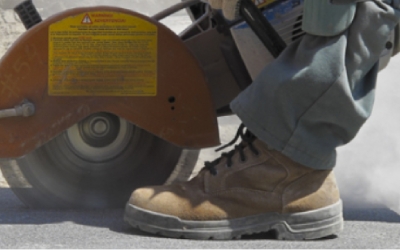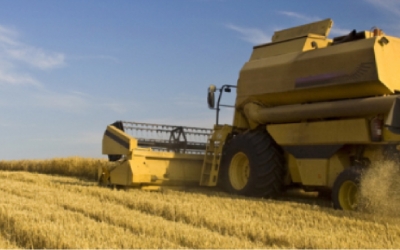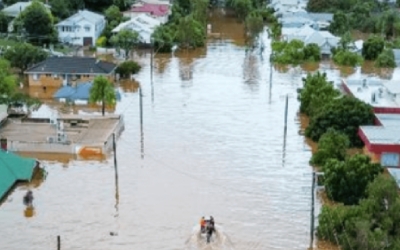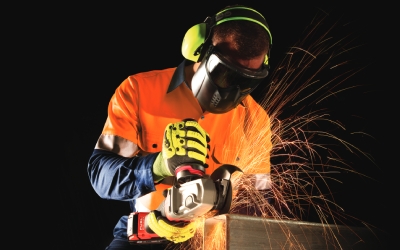WHS professionals are in a crucial position to influence all pillars of an organisation’s environmental, social and governance (ESG) strategy, according to an expert in the area. While the most obvious impact is in the area of physically and psychologically safe workplaces, the influence of WHS extends well beyond employee safety and reducing workplace incidents.
Any attempts by companies to rebrand engineered stone as another product to intentionally avoid the upcoming ban on engineered stone was recently condemned by federal, state and territory WHS ministers. WHS regulators should also take strong compliance and enforcement action about the ban, including addressing instances of rebranding engineered stone as a different product, according to the ministers.
One of the most significant barriers to psychosocial risk management is the competing interests of human resources and OHS around worker consultation, according to an expert in the area. For HR, the employee engagement or culture survey is the function’s primary way of understanding employee commitment and productivity drivers, and HR can be reluctant to add in new surveys to assess psychosocial risk, said Jason van Schie, managing director of psychological health and safety consultancy Flourish Dx.
SafeWork NSW recently commenced a safety compliance blitz focusing on the safe installation of rooftop solar devices. Inspectors are ensuring rooftop solar business owners are checking the safety of subcontractors and that those working in the industry are incorporating safe work practices across the board.
WHS regulators have recently issued reminders to employers that strict controls to protect workers from crystalline silica dust will be enforced in the lead-up to the nationwide engineered stone ban from 1 July 2024. The ban will affect builders, renovators, fabricators, and those working in the construction industry, who will no longer be permitted to carry out work involving manufacturing, supplying, processing or installing engineered stone.
Multiple WHS regulators have issued safety reminders and alerts to the farming sector as recent data shows March and November are peak months for workplace fatalities in agriculture, corresponding with the busy sowing and harvest seasons. A particular risk faced by farmers during these seasons is fatigue, which can play a significant role in contributing to workplace incidents on farms.
While fall prevention has been a significant focus in many organisations for a long time, the effectiveness and success of different approaches to address fall risks varies significantly. There are several reasons why different approaches to fall prevention are more (or less) successful, according to Scott Barber, CEO of the Working at Heights Association (WAHA).
Many organisations are unprepared for natural hazards, according to an area expert who said WHS professionals play a key role in resilience and recovery in the face of unexpected events. “Unfortunately, many organisations are not well prepared for the occurrence of natural hazards,” said Andrew Gissing, CEO of Natural Hazards Research Australia.
Many of the key findings from a recent US report which examined the critical organisational failures that contributed to the two Boeing 737 MAX crashes are equally applicable to many other major accidents and industries, according to Australian National University Emeritus Professor Andrew Hopkins.
Prepare your safety gear for autumn with our cleaning tips. Inspect, clean, and maintain helmets, goggles, gloves, and more to stay safe in the new season!






















































